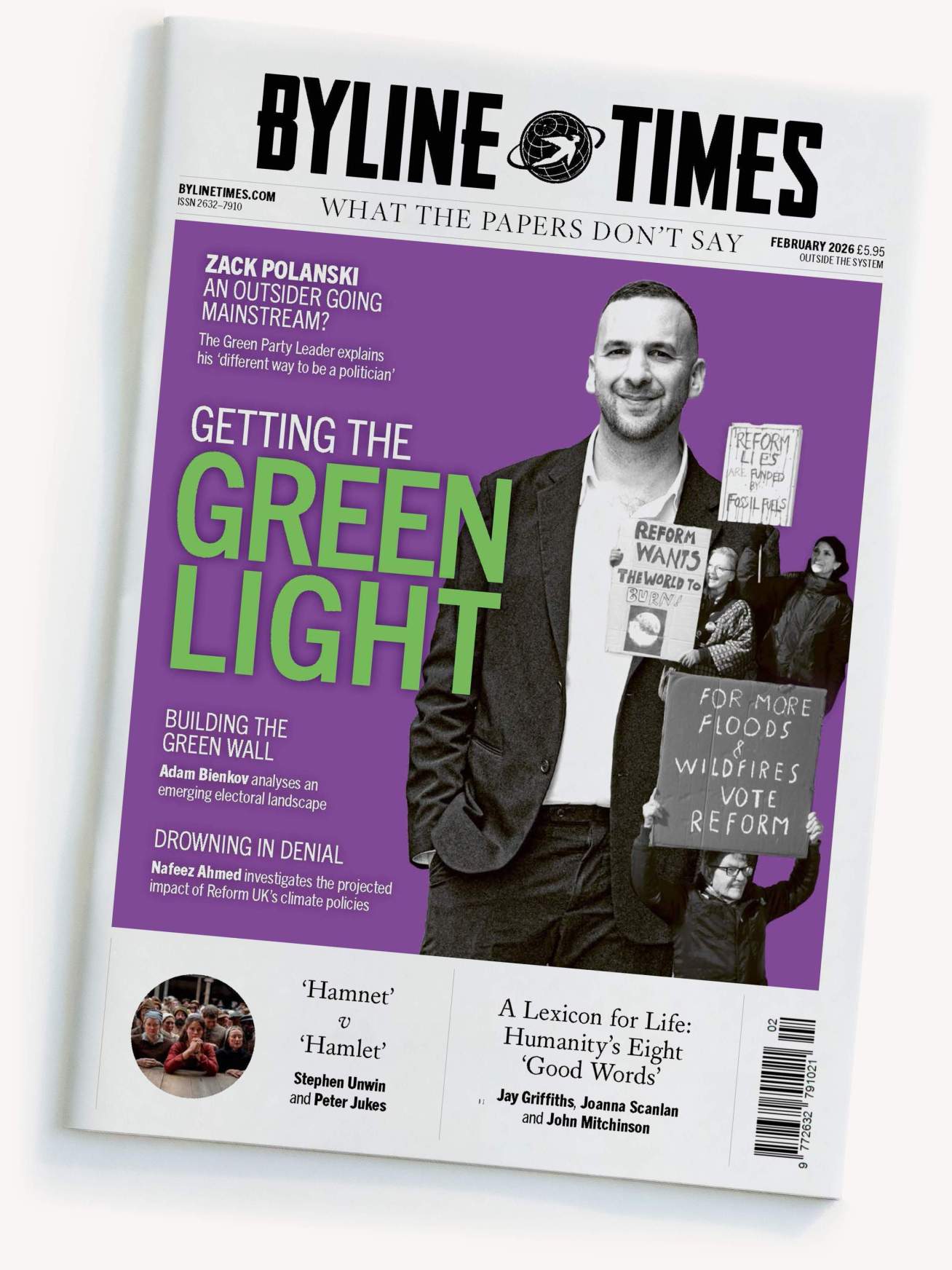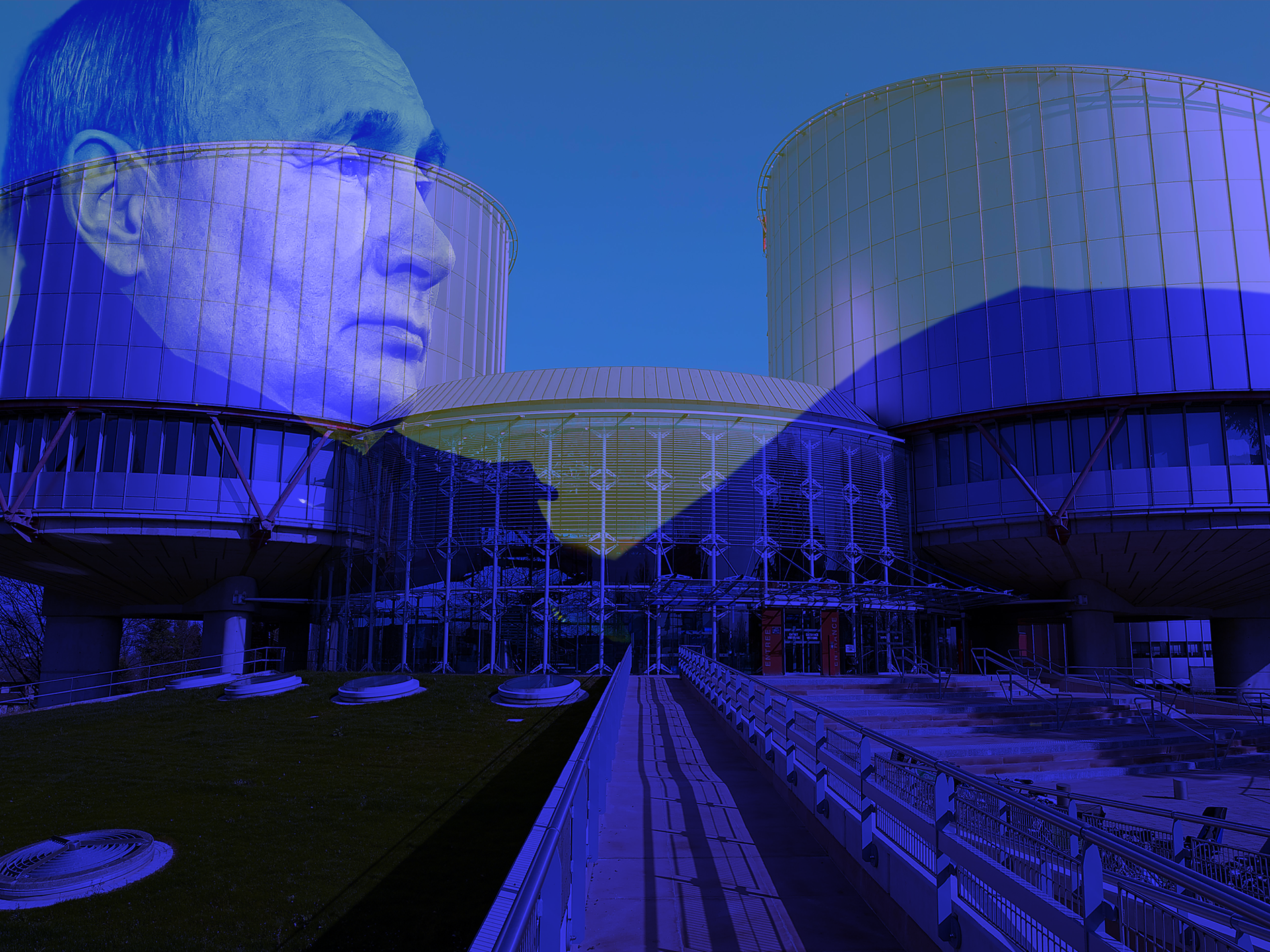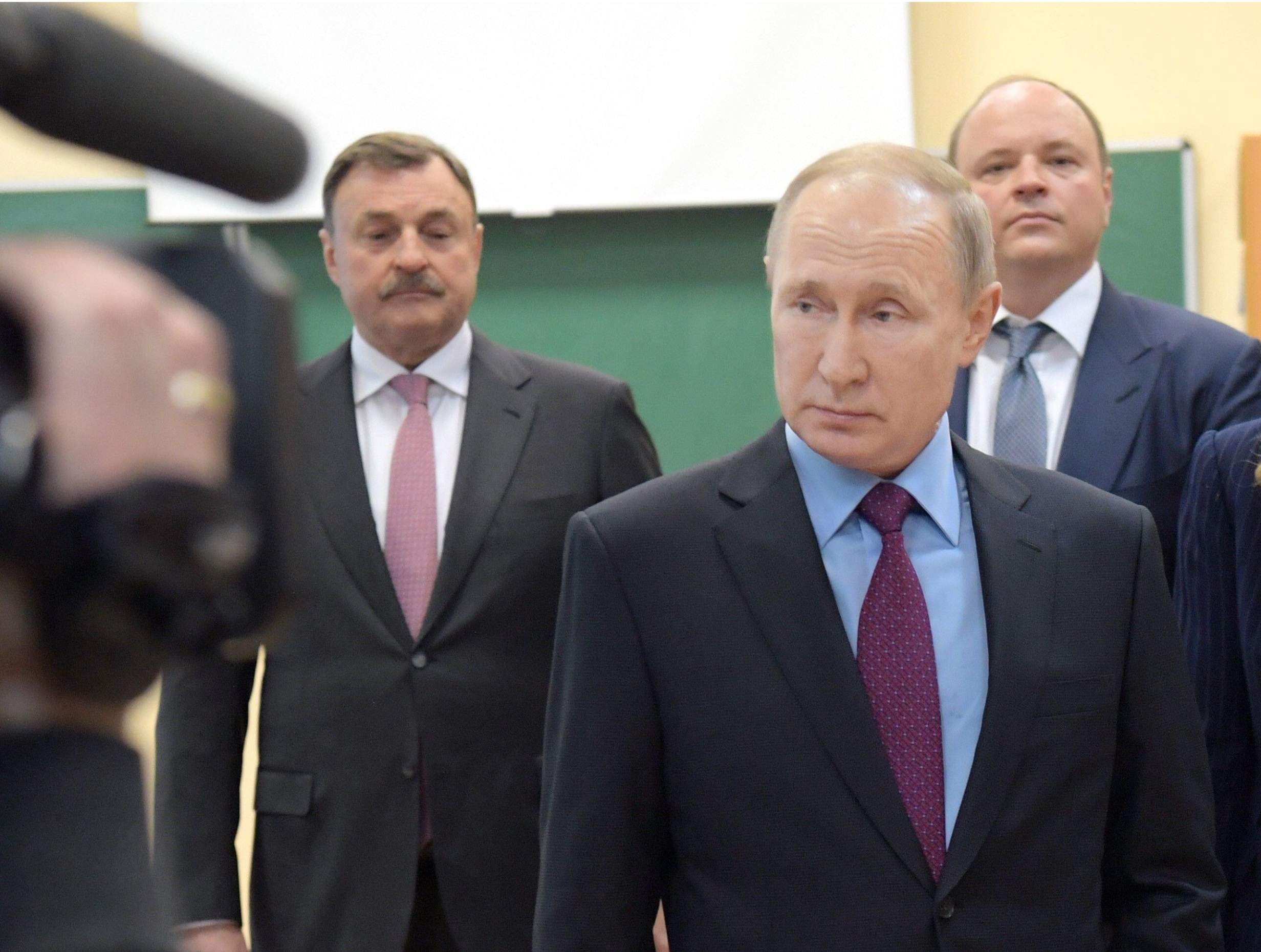
Read our Monthly Magazine
And support our mission to provide fearless stories about and outside the media system
In another attempt to delay the moment of reckoning, the ruling of the European Court of Human Rights (ECHR) on 22 July 2025 in Bradshaw and Others v. United Kingdom seems to serve as an attempt to protect the legitimacy of governments in European countries where Russian interference in democratic processes has been particularly effective.
The case was brought by (now former) British MPs Ben Bradshaw of Labour, Caroline Lucas of the Greens and Alyn Smith of the SNP. It maintained that by denying the country a proper investigation into Russian interference – which would have allowed Parliament to take informed and adequate measures to protect sovereign democracy from foreign manipulation – the UK Government breached the fundamental right, as voters, to free and fair elections. In particular, the case centred on the 2016 EU Referendum and the 2019 General Election.
The Court, composed of seven judges, found no violation of the right to free elections under Article 3 of Protocol No. 1 of the European Convention on Human Rights. But could it be that their ruling on this UK claim actually reflected the extent to which the rest of Europe has been affected by Russian interference over the past decade or more?
A Europe-Wide Decision
The ECHR’s judgment was not merely a ruling on UK procedures. The Court itself designated this claim as one of its “impact cases”, which can lead to “a change or clarification of international or domestic legislation or practice” across the 46 Council of Europe member states.
Had the Court ruled that the UK failed in its positive obligation to investigate foreign interference, it would have established a legal precedent. Pro-democracy groups, for example, could then have taken legal action against their own national governments to force investigations into Russian interference in those countries.
There is always a chance that such investigations could publicly expose the precise mechanisms of Russian covert disinformation and political funding operations across Europe – their effectiveness, and the roles played by politicians, bloggers, commentators, academics, journalists, international businessmen and others in enabling them.
Such exposure would have had tangible ripple effects across the Continent. European states, from France to Slovakia, would have been forced to scrutinise their own failures. Intelligence and security agencies could have come under increased pressure to release files on Russian meddling, including potentially embarrassing details about the behaviour of political and business elites. Some governments might even have had to face situations similar to Romania, where the Supreme Court ordered a re-run of elections in 2024 following blatant Russian interference.
In countries where Kremlin-linked elites still operate freely, it could have pushed governments towards meaningful transparency and exposed corruption – or even treason – at the highest levels of political and corporate life.
Instead, without much probing, the judges accepted the UK Government’s claim that its actions – including two parliamentary reports and subsequent legislation – constituted a sufficient response. But the judgment conceals a deeper institutional failure, with the composition of the chamber raising serious questions of geopolitical impartiality.
Who Watches the Watchmen?
The seven-judge chamber was not randomly selected. Judge Lado Chanturia of Georgia, President of the Court’s Fourth Section, appointed himself as presiding judge (as permitted under Court rules), and then used his prerogative to pick judges representing the Netherlands, Malta, Austria, Bosnia and Herzegovina, and Denmark. The UK was represented by its national judge, Tim Eicke.
This matters because six of the seven judges came from countries where Russian interference has been notably successful:
- Georgia (Chanturia): Now governed by the pro-Russian Georgian Dream party, which has implemented “foreign agents” laws, cracked down on opposition and suspended EU accession talks.
- Malta (Schembri Orland): Exposed for selling EU citizenship to hundreds of Russians under its ‘golden passport’ scheme, and serving as a gateway for Kremlin-linked money.
- Austria (Jakab): A country that has long hosted pro-Russian political parties and maintained deep energy dependence on Gazprom.
- Bosnia and Herzegovina (Vehabović): Still vulnerable through the Republika Srpska, a Russian-aligned entity led by Milorad Dodik.
- The Netherlands (Schukking): While institutionally democratic, the country has seen the rise of far-right populist Geert Wilders, sympathetic to Putin and instrumental in bringing down the Dutch Government in June 2025.
Only Denmark, represented by Judge Anne-Louise Bormann, has so far successfully resisted Kremlin interference. It is arguably Western Europe’s strongest proportional contributor to Ukraine’s armed forces. The rest of the panel’s nations are either strategically penetrated by Moscow or undergoing political shifts favourable to Russian narratives.
And then there was the seventh judge – representing the UK. Russian interference in British politics has arguably been most successful in securing the Brexit vote within a deeply divided and vulnerable society.
According to informed sources, this was the most effective active measures operation by Russian intelligence in British history. It drew on traditional methods alongside new tools, exploiting the resources of wealthy Russians living in the UK, their business and political links, and British elites financially dependent on Russia.
A Judgement Built on Weak Foundations
There are many unanswered questions. How well informed was the Government about Russian active measures? Were there more known knowns than known unknowns? Was there a political decision to let the operation run its course? Why would the Conservative leadership allow that? Financial interests may have played a role – but so too did the fact that the interference was easily deniable and arguably helpful to achieving Brexit.
In cases involving foreign subversion of democratic processes, the optics of neutrality matter. While there is no evidence of direct undue influence in Chanturia’s jurisprudence, his prior roles as a Georgian Government minister and Ambassador place him squarely within the political elite. His leadership of the chamber for a politically charged, high-impact case only reinforces the impression of geopolitical tilt.
The ECHR’s central finding was that the UK had not failed in its “positive obligation” to ensure free elections. It accepted that the 2019 Disinformation and Fake News report by the House of Commons’ Digital, Culture, Media and Sport (DCMS) Committee, and the 2020 Russia Report by the Intelligence and Security Committee (ISC), constituted “thorough and independent investigations”.
But this is misleading. The DCMS report did not address political finance, and the Russia Report explicitly recommended further investigation – stating that the ISC lacked the powers to conduct one. It appears none of the seven judges actually read the documents underpinning their landmark decision.
The ISC report (paragraphs 49–51) plainly stated that no one in Government had investigated Russian interference in the Brexit vote. The Electoral Commission identified potential offences but lacked jurisdiction to act. The Metropolitan Police have not pursued any resulting cases – even where prima facie evidence of concealed foreign donations was presented. In short, the UK never fulfilled its duty to its electorate.
The Court instead accepted the creation of the Counter Disinformation Unit and the Defending Democracy Taskforce – post-facto bureaucratic entities – as sufficient. But these have not addressed past failures or ensured legal accountability.
Space to Appeal
A ruling in favour of the applicants would likely have triggered another wave of criticism from right-wing populists about the ECHR’s supposed interference in domestic affairs. Nonetheless, the claimants have three months to appeal to the Grand Chamber. There are compelling grounds for doing so, including:
- Material misrepresentation by the UK Government of the scope and purpose of its investigations
- Substantive failure to fulfil the positive obligation to investigate and prevent electoral interference
- The Court’s reliance on institutional structures without scrutinising whether they functionally discharged that obligation
- Strategic implications for democratic sovereignty and national security, given foreign interference is part of a broader hybrid warfare doctrine
- The UK’s inaction enabling Kremlin aggression
- Procedural or perceptual bias in the Chamber’s composition
An appeal would generate renewed public scrutiny, legal analysis and political attention. The risk of setting a precedent where cosmetic legislation shields governments from accountability is too serious to ignore.
The ruling exposes the ECHR’s dangerous short-sightedness in treating elections as merely domestic procedural events, rather than battlegrounds in global conflicts between democracies and autocracies. If the Court in Strasbourg cannot defend democratic sovereignty, it risks rendering itself irrelevant in an era of algorithmic coups and covert hybrid warfare.



